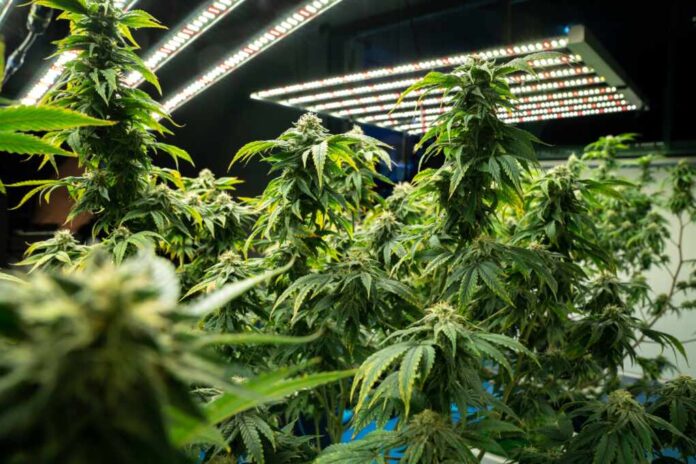
In a groundbreaking move set to reshape American drug policy, the U.S. Drug Enforcement Administration (DEA) is expected to reclassify marijuana as a less dangerous substance. This decision comes as President Joe Biden pushes for reform, seeking to appeal to proponents in his bid for reelection.
The proposed reclassification would shift cannabis from Schedule I, which includes drugs like heroin and LSD, to Schedule III, alongside substances such as ketamine and codeine cough syrup. The move follows a recommendation from the federal Health and Human Services Department and is based on cited research into the drug’s “therapeutic qualities.”
🚨 BREAKING: Marijuana Rescheduled! 🌿
Thanks to pressure campaigns like the States Reform Act, the DEA has moved cannabis from Schedule I to Schedule III.
Major news for businesses, tax deductions, & research barriers…https://t.co/RA1gGCqzGs
— Rep. Nancy Mace (@RepNancyMace) April 30, 2024
While the reclassification is seen as a step forward by many, critics argue that it falls short of full legalization. The national group Students for a Sensible Drug Policy pointed out that Schedule III drugs are still illegal and subject to sanctions for users and distributors.
As lawmakers across the country react to the news, the debate surrounding marijuana’s legal status and potential benefits and risks is set to intensify. Democratic lawmakers in Tennessee, for example, are applauding the decision, with Senate Democratic Caucus Chairwoman London Lamar calling it “historic” and “driven by common sense.”
A US proposal seeks to reclassify marijuana as less dangerous.
"This has been a long process and is the last official action required by the DEA," Trulieve's @rivers_kim says. "It would open a pathway for pharmaceutical companies." pic.twitter.com/t7h2VZ7n4J
— Yahoo Finance (@YahooFinance) April 30, 2024
The DEA’s expected reclassification marks a significant shift in American drug policy, but the path to full legalization remains uncertain as the nation grapples with the complex implications of reforming its approach to cannabis.

































